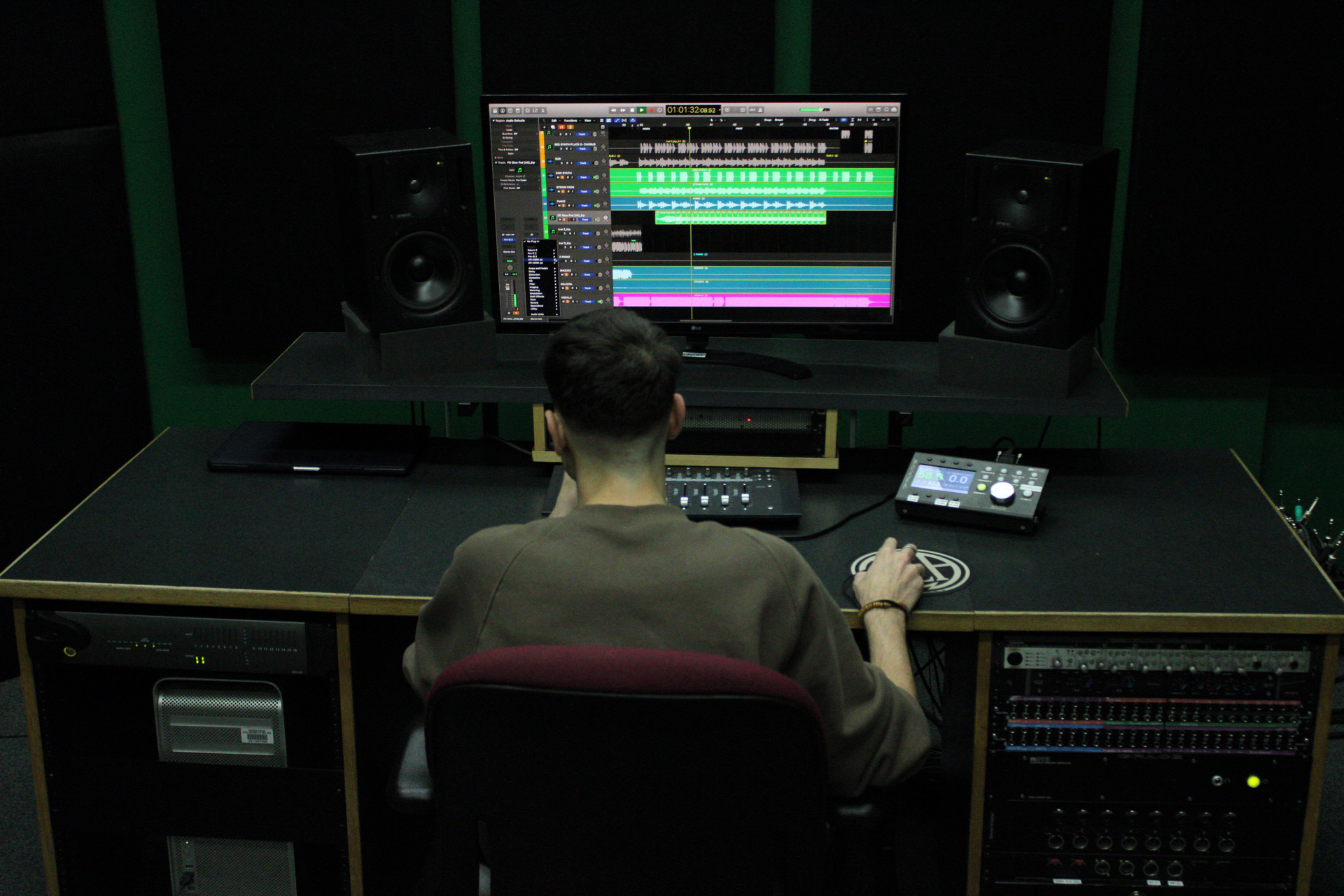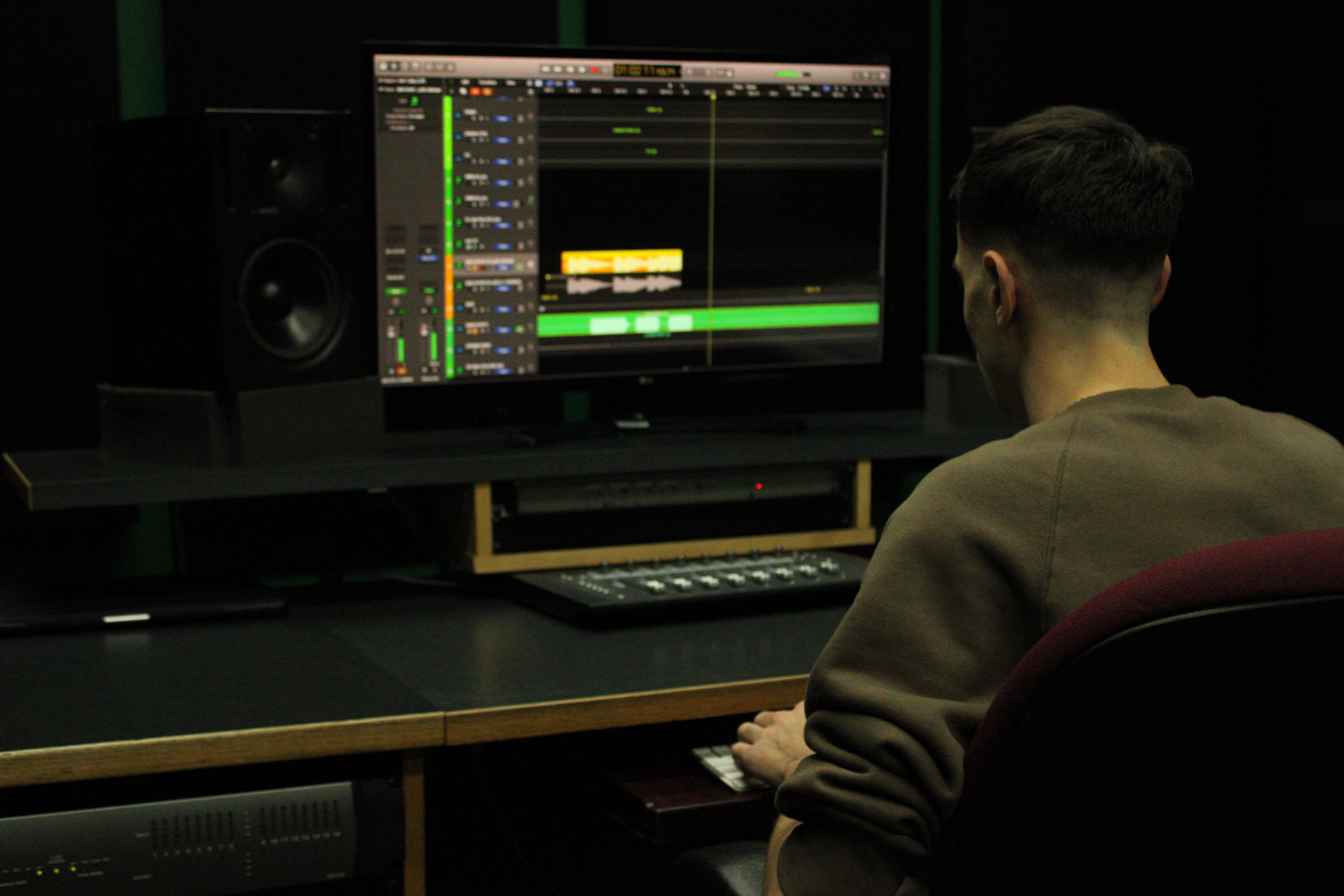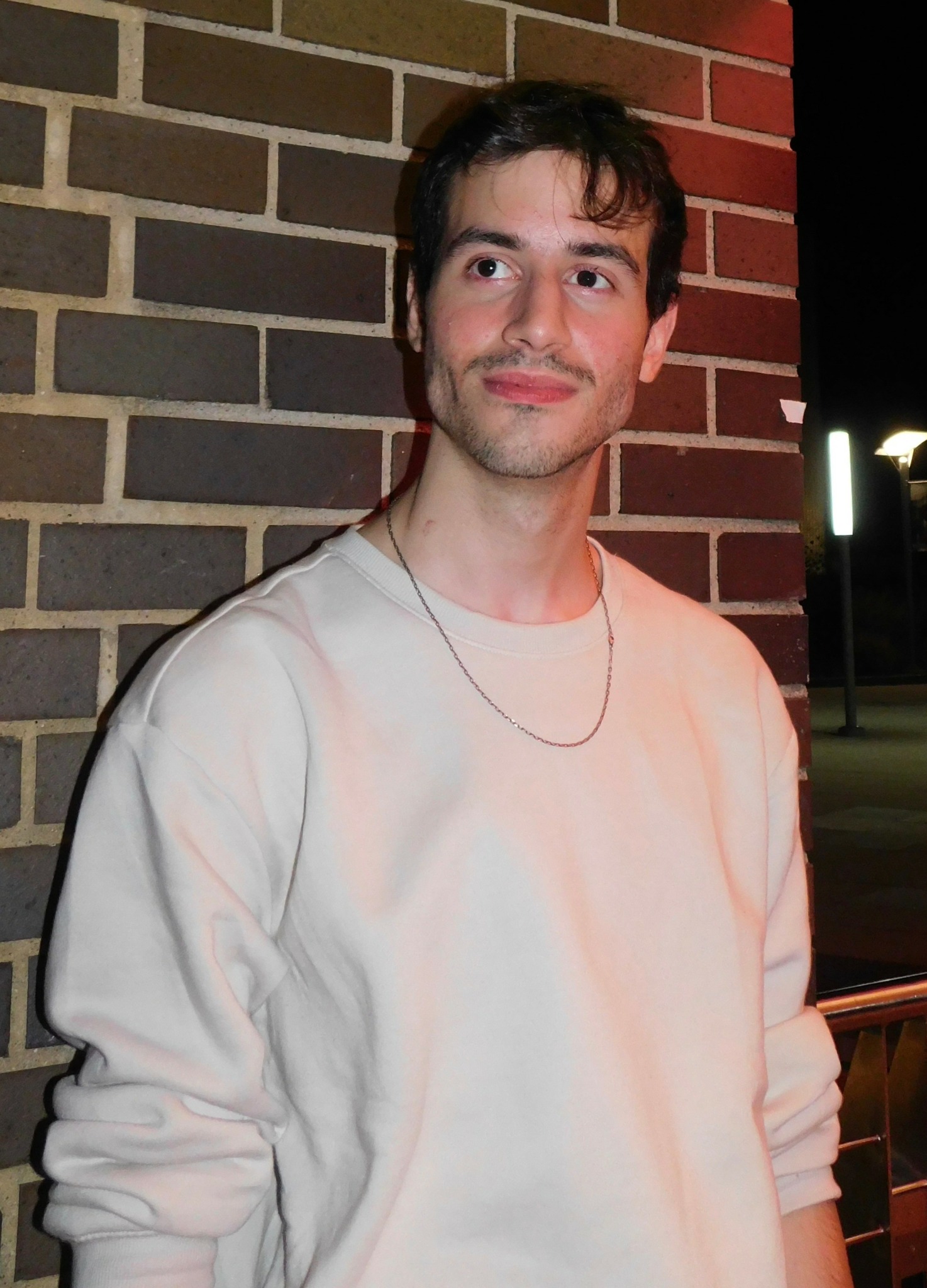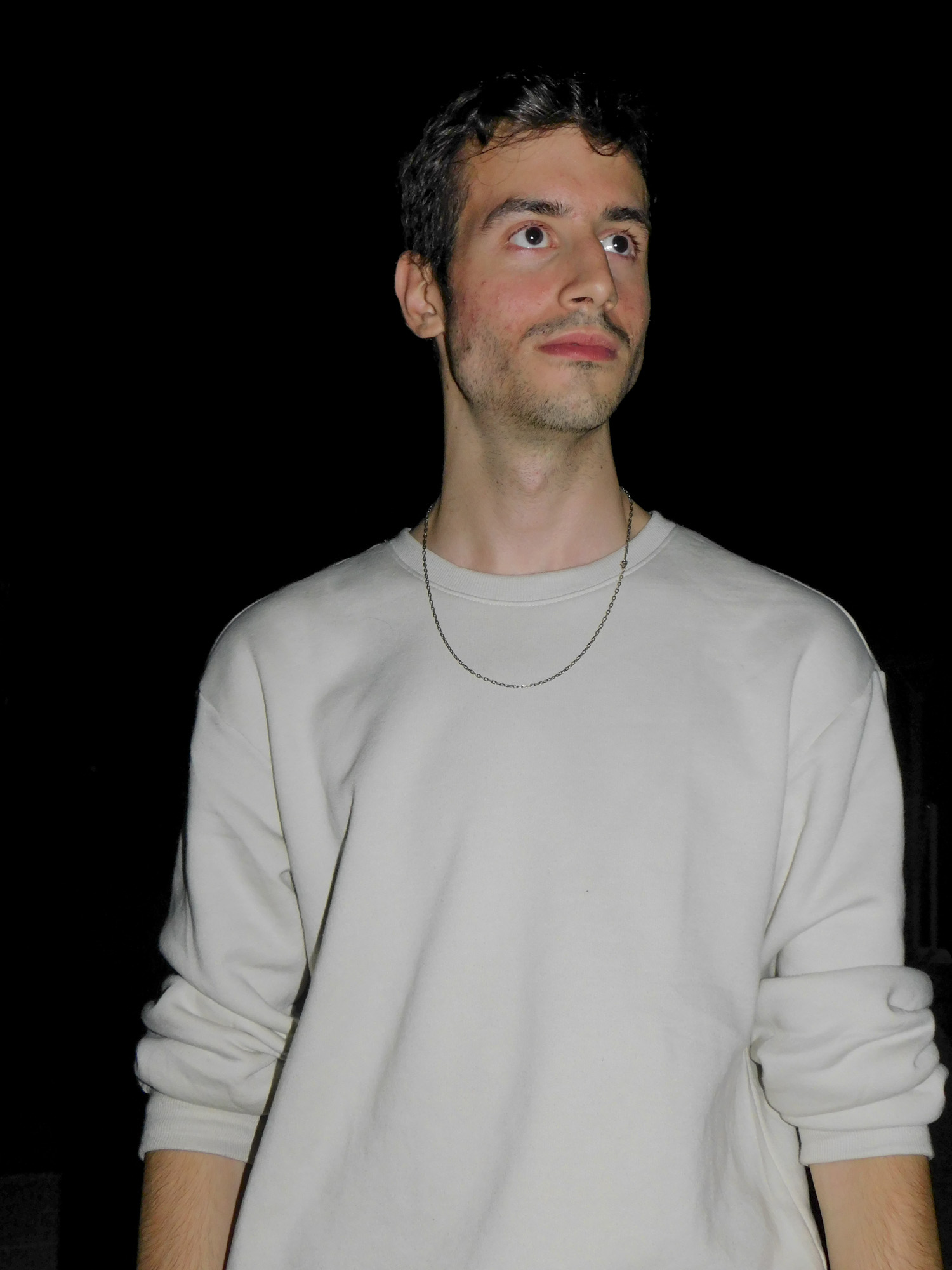We recently connected with Pierre Regensburger and have shared our conversation below.
Pierre, looking forward to hearing all of your stories today. Learning the craft is often a unique journey from every creative – we’d love to hear about your journey and if knowing what you know now, you would have done anything differently to speed up the learning process.
Learning how to produce and mix music isn’t really as straightforward as reading a textbook. The process is pretty non-linear, it’s more like a cycle of curiosity, experimentation, and self-discovery. I kind of went through distinct phases. Early on, I would create just for the joy of it. I didn’t really know what I was doing, so I would just twist knobs and use plugins that I thought sounded cool, until I got to something that I liked.
Then, while I was studying at university, I gained a wealth of technical knowledge that I could use to better my records. Except, that knowledge didn’t make me a better record-maker, at first. I was too absorbed trying to grasp the technical aspects, which matter on a granular detail, but not before you answer the bigger questions- what emotion do I want to convey? Is this record committed to what it should sound like?
That’s when I started developing taste, conviction, and objective listening skills. I had a few “a-ha” moments where all of a sudden I was able to hear my work objectively and realize what was working for the song and what wasn’t. There is this sort of intangible phenomenon in music where things either feel good or they don’t, and I believe the essence of this comes down to how strongly a song’s identity is expressed and how committed it is to that identity. Once you start aligning your technical ability with your taste and emotional perception, you go from asking “does this sound good?” to “does this feel right?”, which I believe are actually two very different questions.
As for obstacles, I’d say a big one is realizing how much you don’t actually need. There’s this idea that you need the latest plugins, a certain piece of hardware, or a specific microphone to make a good record. So when you’re learning, you kind of end up putting the cart before the horse, investing in plugins or microphones because you believe they’ll make your song better, or because someone told you to use it, instead of choosing tools that actually move the needle forward emotionally for the song.
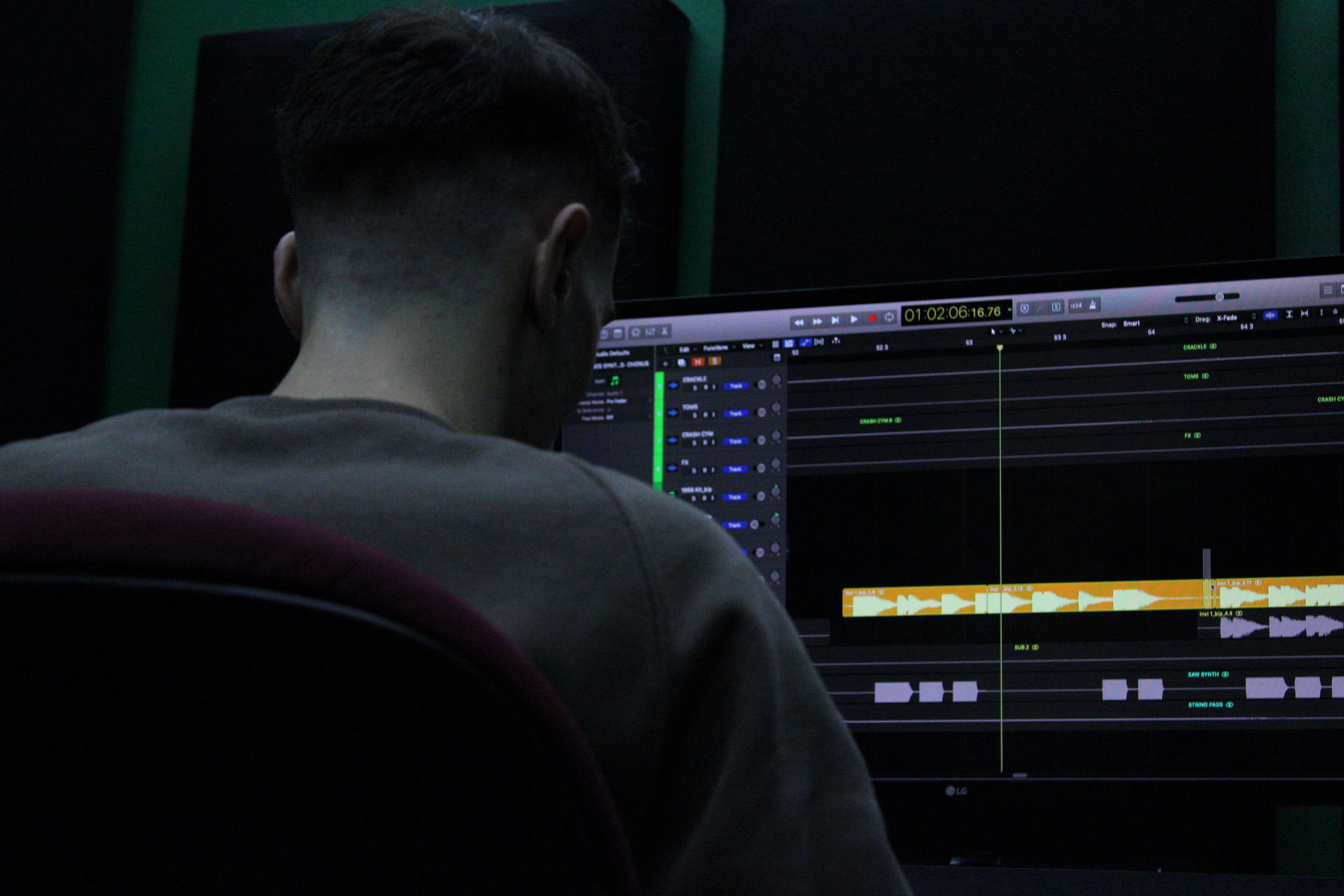
Pierre, before we move on to more of these sorts of questions, can you take some time to bring our readers up to speed on you and what you do?
Having already had a background in piano and singing, but also being interested in technology, record-making was kind of a natural next step forward for me. I think I really liked the idea of creating something that could be replayable, having something that you can take wherever you go. Growing up as a performer, music was always something that existed only in real-time. When the concert ended, that exact moment could never be experienced again. Which is magical in its own right, but something about working on a record is so special, because whatever decisions you make are forever engraved. So in a way, it feels a lot more precious to me.
I’ve been involved in pretty much every step of the record-making process, so I would technically call myself a songwriter, producer, and mixer all in one. I have a catalog of songs that I wrote, produced, and recorded myself, which I market to artists. If someone connects to a song and sees themselves in it, I’m happy to give it to them so they can make it their own. I’d much rather have my songs find a home with an artist than release them myself, because I’ve always preferred being “behind the board” making the music rather than promoting it.
In terms of services, I currently do either production or mixing work, depending on what the artist is looking for. Sometimes it is both. When I produce, I help craft the sonic identity from the ground up, providing the artist with a sounding board for their ideas, so we can come together to create something that we both like. When I mix, I work with artists and producers to refine their vision and make sure it’s communicated clearly to the listener. Mixing is a lot more fine detail work, especially since producers today already have such strong visions and sonics of their own, so I am usually brought on to see that vision through and make sure it translates just the way they want it to. I’ve developed a particular love for mixing, as I enjoy that finer detail work and bringing out everything that makes the record what it is. It is a specific type of artistry in itself.
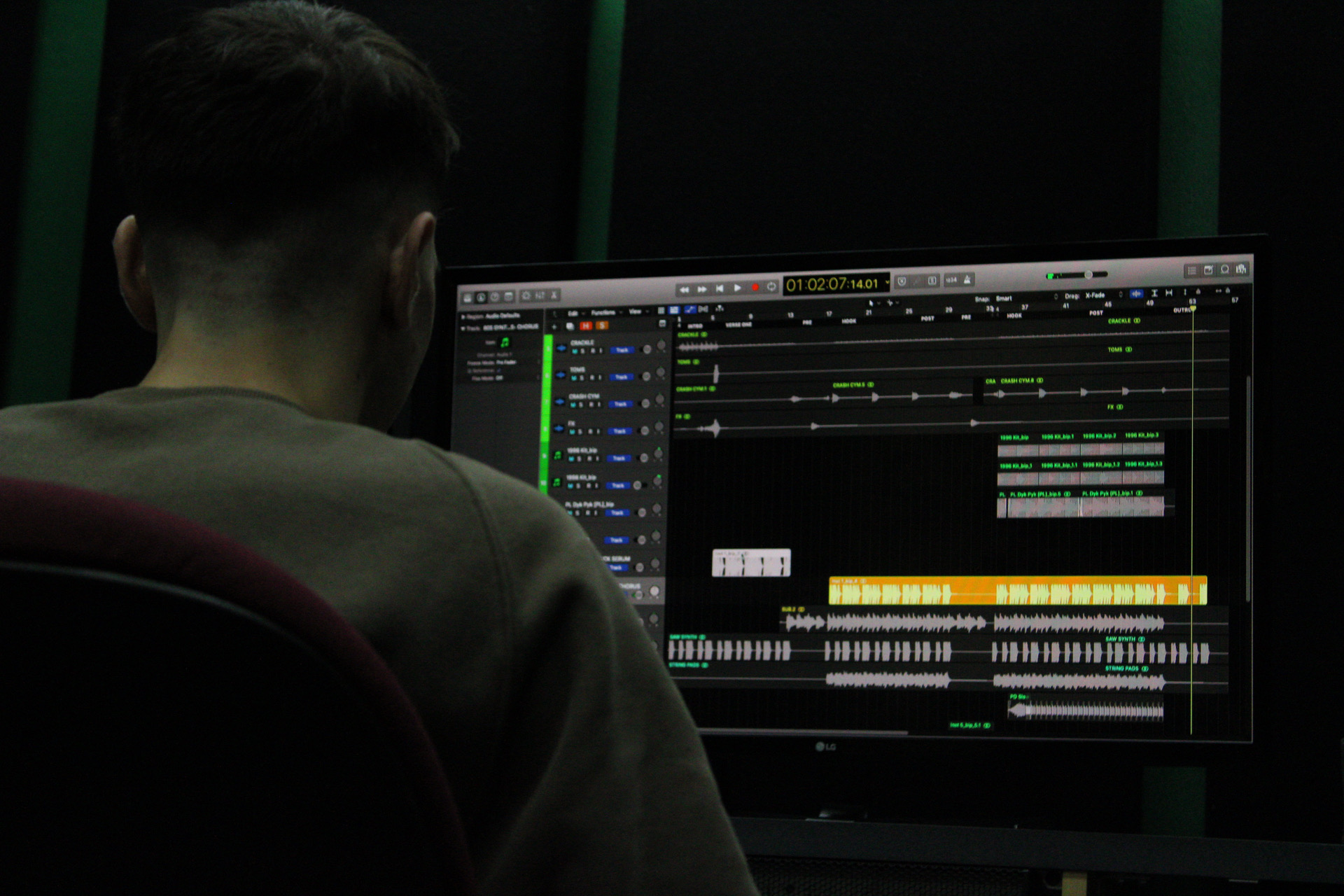
For you, what’s the most rewarding aspect of being a creative?
Making records is amazing because your work turns into something tangible that people can actually feel. You become this wielder of emotions and stories. I’ve always been drawn to things that feel bespoke, a work that combines technical skill with taste and judgement to create something artisanal and unique. No recording is ever the same, no song ever has the same palette of emotions, so the process is different every time.
It’s kind of like a puzzle, where you’re piecing together what you are trying to say and how to get there. Every song you create serves as a unique encapsulation of emotion, something that represents your taste, vision, and creativity in a way that can never be recreated again. Kind of like different mosaics or cuts of cloth, each one its own expression of who you are, built from the choices and feelings you put into it.
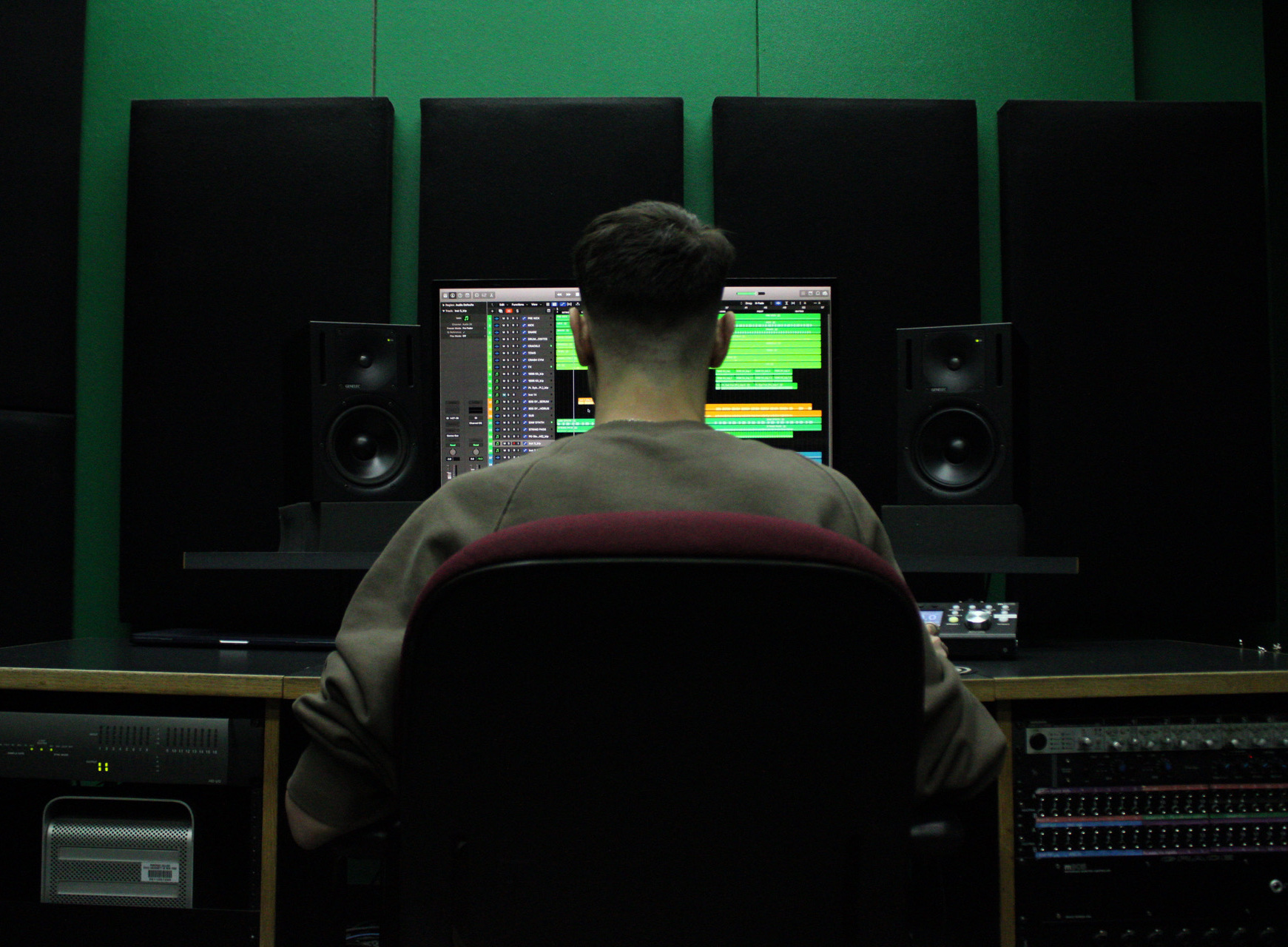
Is there a particular goal or mission driving your creative journey?
I think my goal is fairly simple in that I want to create something that resonates with the listener. I’ve always thought that if you create something honest, something that you feel is right, then the listener will resonate with that. The hard part is figuring out how to express that honesty and authenticity in a tangible way that really connects with the listener. That’s kind of where my work comes in. There is a gap between ideas and execution, and it’s deeply fulfilling to be the person that an artist trusts to help bridge that gap.
Contact Info:
- Website: https://soundbetter.com/profiles/447733-pierre-regensburger
- Instagram: https://www.instagram.com/pierreregensburger/
- Soundcloud: https://soundcloud.com/pierre-regensburger
- Other: If you’d like to work together, email me at [email protected]
